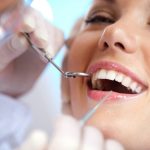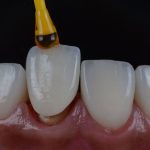Brushing After Wisdom Teeth Removal: When is it Safe?

Wisdom teeth removal is a common surgical procedure that many people go through. It is often done to prevent overcrowding or misalignment of teeth in the mouth. However, after the surgery, patients are usually advised to take extra care of their oral hygiene to prevent infection and promote healing. One of the most common concerns that patients have is when it is safe to brush their teeth after wisdom teeth removal. Brushing after wisdom teeth removal is essential to maintain good oral hygiene and prevent infection. However, it is crucial to wait until it is safe to do so. Immediately after the surgery, the mouth will be tender and swollen, making it difficult to brush. Moreover, the sockets where the teeth were extracted will be vulnerable and prone to bleeding. Therefore, it is advisable to follow the dentist’s instructions and wait for a few days before brushing. This will allow the mouth to heal and reduce the risk of complications.
Wisdom teeth removal is a common dental procedure that involves the extraction of one or more of the four third molars located at the back of the mouth. This procedure is usually necessary when there is not enough space in the mouth for the teeth to grow properly, causing pain, infection, and other dental problems. After the surgery, it is crucial to follow the proper care instructions provided by the dentist or oral surgeon to ensure a smooth and quick recovery. This includes avoiding hard and crunchy foods, keeping the mouth clean with gentle rinses, and taking pain medication as directed. Brushing should also be done carefully and gently, avoiding the surgical site until it is fully healed. Proper care postsurgery is essential to prevent complications and promote healing, allowing the patient to return to their normal activities as soon as possible.
Understanding the Healing Process
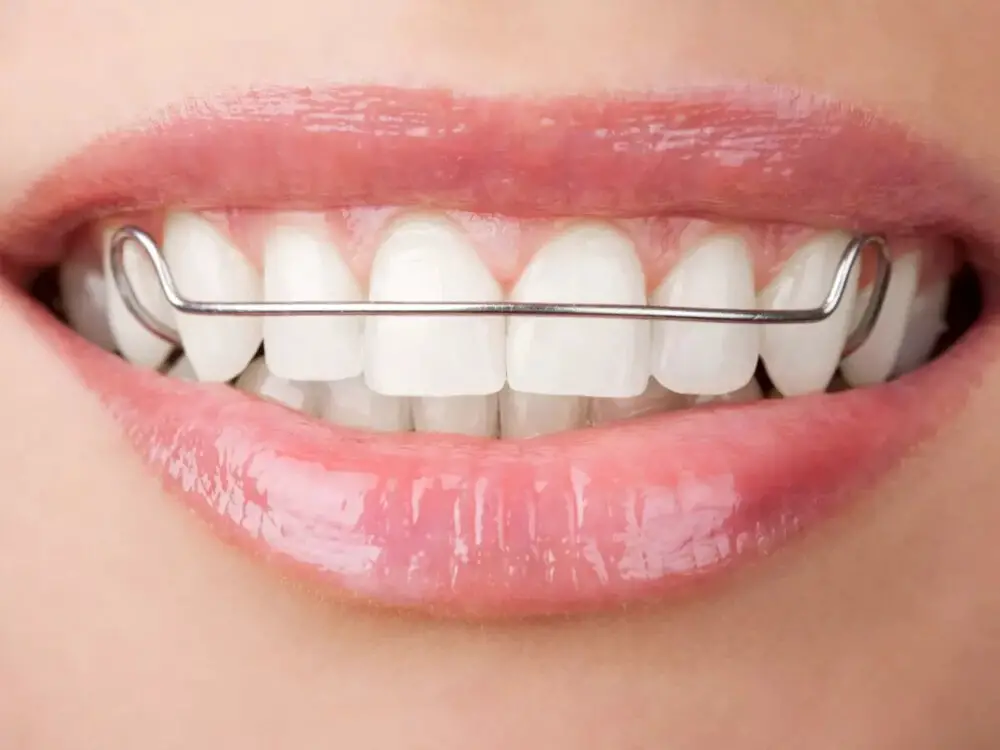
Understanding the healing process after wisdom teeth removal is crucial to ensure proper recovery and avoid complications. The first stage of the healing process is the formation of a blood clot at the extraction site. This blood clot is necessary to stop bleeding and protect the exposed bone and nerves. It is important to avoid dislodging this clot by avoiding spitting, using straws, smoking or rinsing the mouth vigorously in the first 24 hours after surgery. Dislodging the blood clot can cause a painful condition called dry socket and delay the healing process. The second stage of the healing process is the formation of soft tissue over the extraction site. This tissue is made of epithelial cells that cover the wound and protect it from infection. During this stage, it is important to maintain good oral hygiene by gently rinsing the mouth with warm salt water and brushing teeth gently around the extraction site. It is also important to avoid hard, crunchy, or spicy foods that can irritate the wound and delay healing. The healing process can take up to two weeks, but it may vary depending on the individual’s health and the complexity of the extraction.
After wisdom teeth removal, the body initiates a natural healing process to repair the damaged tissues at the surgical site. Initially, there may be some swelling, bleeding, and pain, which can be managed with pain medication and ice packs. As time passes, the swelling and bleeding subside, and a protective blood clot forms over the surgical site. This clot serves as a natural barrier against bacteria and debris while new tissue grows underneath. Patients are advised to follow postoperative instructions carefully to promote healing and prevent complications such as dry socket, infection, or delayed healing. Brushing and flossing play a crucial role in maintaining oral hygiene during this time, but it’s important to wait until the surgical site has fully healed to avoid disrupting the clot and causing further damage.
Blood clots are formed when platelets and other substances in the blood stick together to stop bleeding. They are an important part of the body’s natural healing process and protect the wound from further damage. In the case of wisdom teeth removal, a blood clot forms in the socket where the tooth was extracted to protect the underlying bone and nerve endings. It is important to protect the blood clot by avoiding vigorous rinsing, spitting, or drinking through a straw, as these actions can dislodge the clot and lead to a painful condition called dry socket. Protecting the blood clot is crucial for proper healing and to avoid complications.
The Importance of Gentle Brushing
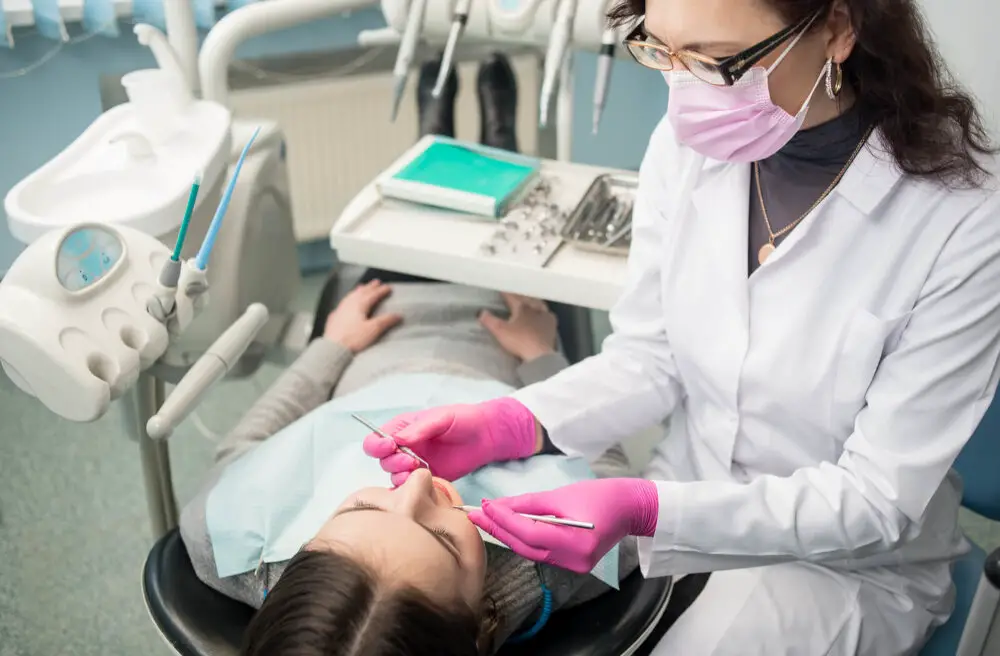
Gentle brushing is crucial after wisdom teeth removal as it helps to prevent any further damage to the sensitive and vulnerable area. The extraction site is delicate and requires extra care when brushing. Using a soft-bristled toothbrush and being gentle while brushing ensures that the area is cleaned thoroughly without causing any harm. It is important to note that vigorous brushing can cause bleeding and delay the healing process. A gentle approach allows for the removal of any food particles or bacteria that can cause infections, but also ensures that the area is not irritated or damaged further. By taking care of the extraction site, one can prevent any complications and promote faster healing. Moreover, gentle brushing is essential for maintaining good oral hygiene. Brushing regularly helps to prevent plaque buildup, which can lead to cavities, gum disease, and bad breath. By being gentle when brushing, one can effectively remove plaque and food particles without damaging the teeth or gums. It is also important to use the right technique when brushing, such as circular motions, and to brush for at least two minutes each time. By incorporating gentle brushing techniques into one’s dental care routine, they can maintain good oral health and prevent any further dental problems. Taking care of one’s teeth and gums is an essential aspect of overall health, and gentle brushing is a crucial part of this process.
After wisdom teeth removal, gentle brushing is highly recommended to aid in the healing process. Brushing helps to remove food particles and bacteria that may have accumulated around the surgical site. It also promotes blood circulation to the area, which helps to reduce inflammation and prevent infection. Gentle brushing can also help to alleviate discomfort and prevent the formation of dry sockets, a common complication following wisdom teeth removal. However, it is important to wait until it is safe to begin brushing, as premature brushing can lead to further irritation and delay healing. Generally, it is safe to begin gentle brushing 24 hours after surgery, but it is best to consult with your dentist or oral surgeon for specific instructions on when it is safe to resume brushing.
Proper brushing technique is crucial after wisdom teeth removal to avoid dislodging the blood clot and delaying the healing process. To brush gently and effectively, begin by rinsing your mouth with warm salt water to reduce swelling and remove food debris. Use a soft-bristled toothbrush and fluoride toothpaste to clean the teeth gently, being careful not to brush the surgical site. Focus on the outer and inner surfaces of the teeth and brush in a circular motion. Avoid aggressive brushing, as it can cause bleeding and discomfort. Brush for at least two minutes, twice a day, and be sure to rinse your mouth thoroughly after brushing. Remember to replace your toothbrush every three to four months to maintain optimal oral hygiene.
When It Is Safe to Brush After Wisdom Teeth Removal
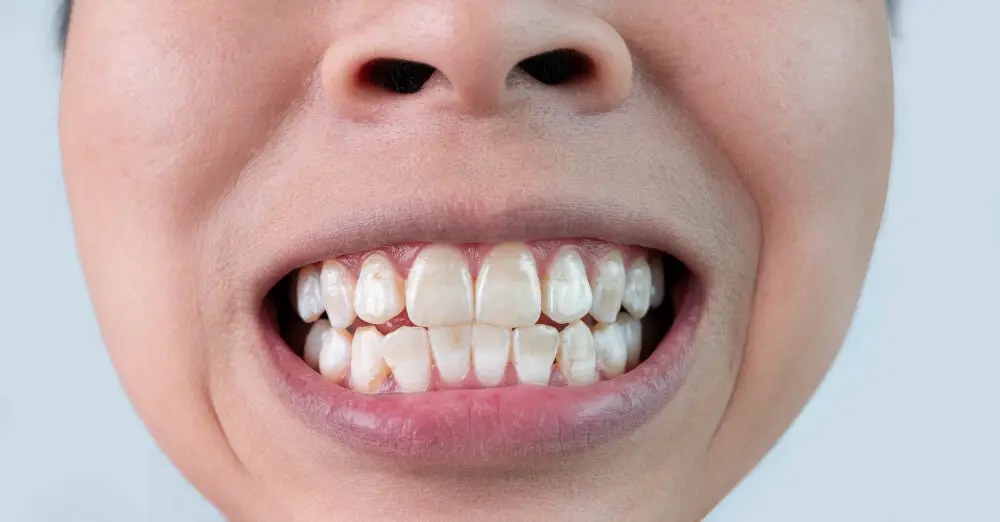
After undergoing a wisdom tooth extraction, it is crucial to keep the surgical area clean and free of bacteria to avoid infection and promote healing. However, it is essential to wait until it is safe to brush after wisdom teeth removal. Typically, dentists recommend refraining from brushing the surgical area for at least 24 hours, allowing the blood clot to form and solidify, which protects the socket from bacteria and debris. Brushing too early can dislodge the blood clot and cause a painful complication called dry socket, which can significantly delay the healing process. Once the 24 hours have passed, it is safe to brush your teeth gently, avoiding the surgical area. Use a soft-bristled toothbrush and a mild toothpaste to avoid irritating the sensitive tissues in the surgical site. It is also essential to rinse your mouth gently with saltwater after brushing to promote healing and reduce inflammation. Additionally, it is crucial to maintain good oral hygiene habits, such as brushing twice a day, flossing daily, and using an antiseptic mouthwash to reduce the risk of infection and promote healing. By following these guidelines, you can ensure a smooth and speedy recovery after your wisdom teeth removal.
After having your wisdom teeth removed, it is essential to take care of your oral hygiene to prevent any complications. However, the timeline for when it is safe to brush your teeth depends on the type of extraction and your dentist’s recommendation. Generally, it is safe to brush your teeth gently the day after the surgery, but you should avoid brushing the extraction site to prevent dislodging the blood clot. After the first day, you can start brushing your teeth gently, but be cautious around the extraction site. You can also rinse your mouth with saltwater to keep the area clean. It is crucial to follow your dentist’s instructions carefully to ensure proper healing and avoid any potential infections.
The timeline for brushing after wisdom teeth removal may vary depending on several factors, including the number of teeth removed and the individual’s healing process. Patients who have had multiple wisdom teeth removed may experience more pain and swelling, which can delay the healing process and require a longer recovery time before brushing is safe. Additionally, the individual’s healing process can vary greatly depending on their overall health and immune system function. Patients who have pre-existing health conditions or compromised immune systems may take longer to heal and should exercise caution when resuming normal brushing habits. It is important to follow the guidance of your dental professional and wait until you are fully healed before brushing to avoid any potential complications or setbacks.
Additional Tips for Proper Oral Care After Wisdom Teeth Removal
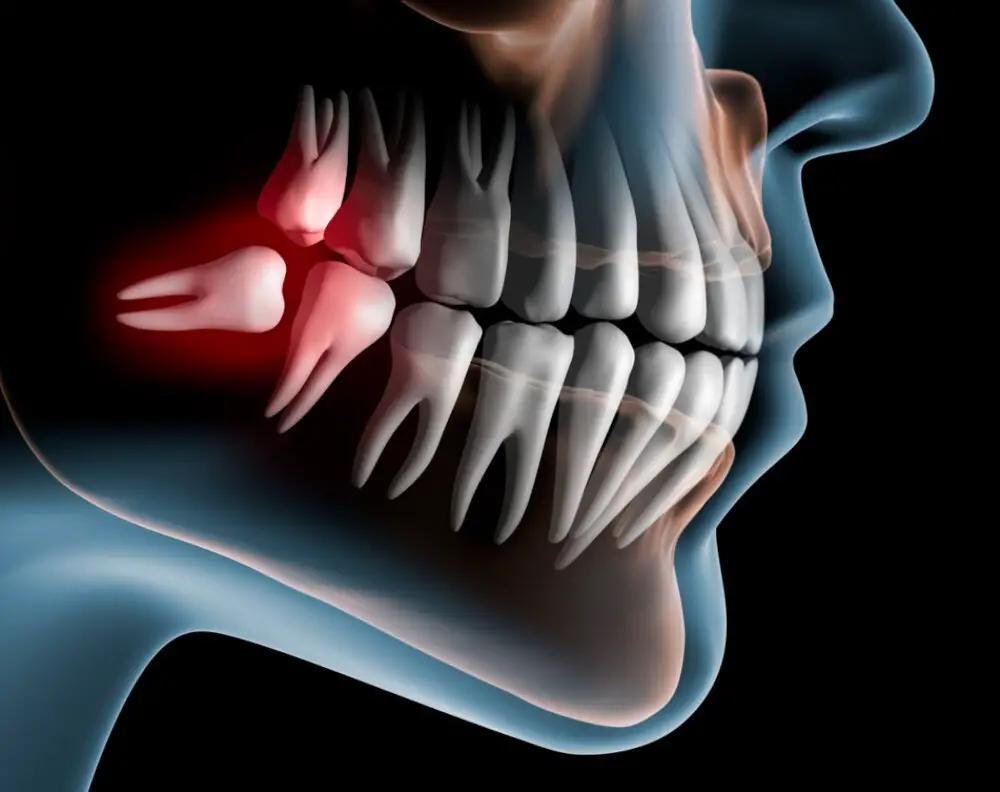
After the extraction of wisdom teeth, it is crucial to maintain proper oral hygiene to prevent infection and promote healing. In addition to avoiding smoking and drinking through a straw, there are several other tips to follow when brushing after wisdom teeth removal. Firstly, wait at least 24 hours before brushing your teeth to allow the blood clot to form and protect the underlying bone and nerve endings. Once you start brushing, use a soft-bristled toothbrush and avoid applying excessive pressure on the extraction site. Gently brush the teeth and tongue, paying extra attention to the area around the extraction site to remove any food particles or bacteria. It is also recommended to rinse your mouth with warm salt water several times a day to promote healing and reduce inflammation. This can be done by dissolving half a teaspoon of salt in a cup of warm water and swishing it around your mouth for around 30 seconds before spitting it out. Moreover, avoid using mouthwash during the first few days after wisdom teeth removal, as it can irritate the extraction site and delay the healing process. By following these additional tips for proper oral care after wisdom teeth removal, you can help ensure a smooth and comfortable recovery.
In addition to brushing after wisdom teeth removal, there are other crucial steps for proper oral care. Using an antiseptic mouthwash can help kill bacteria and prevent infection. It’s important to avoid drinking through a straw or smoking, as the sucking motion can cause the blood clot to dislodge, leading to a painful condition called dry socket. Also, avoid eating hard, crunchy, or spicy foods that can irritate the surgical site. Opt for soft foods like mashed potatoes, soups, and smoothies to allow your mouth to heal properly. Remember to follow your dentist’s instructions and attend follow-up appointments to ensure a speedy and successful recovery.
After wisdom teeth removal, it is crucial to follow the recommended post-operative care instructions, which include brushing your teeth. Brushing helps prevent bacterial growth in the mouth, which can lead to infections and other complications. When brushing, it is essential to be gentle and avoid the surgical site to prevent dislodging the blood clot, which can result in a painful condition called dry socket. Additionally, brushing helps remove food particles and debris from the teeth and gums, which can cause irritation and inflammation, leading to further complications. By following these steps and practicing good oral hygiene, patients can reduce the risk of complications and promote proper healing after wisdom teeth removal.
Proper oral care after wisdom teeth removal is crucial for a swift and successful recovery. Failure to follow the recommended care instructions can lead to infections, bleeding, and other complications. Patients should avoid brushing their teeth for the first 24 hours after the procedure to allow the blood clot to form properly. After that, they should gently brush their teeth twice a day with a soft-bristled toothbrush and a non-abrasive toothpaste. Patients should also rinse their mouth with warm salt water several times a day to help reduce swelling and promote healing. It’s essential to avoid smoking, using straws, and eating hard or crunchy foods that can dislodge the blood clot and delay the healing process. By following these guidelines and maintaining proper oral hygiene, patients can ensure a smooth and speedy recovery after their wisdom teeth removal.
A successful recovery after wisdom teeth removal requires patience and dedication to following aftercare instructions. To ensure a safe and speedy recovery, patients should avoid smoking, using straws, and eating hard or crunchy foods that can irritate the surgical site. It’s important to maintain good oral hygiene by brushing your teeth gently and using a saltwater rinse as prescribed by your dentist. Additionally, staying hydrated, getting plenty of rest, and avoiding physical activity can help promote healing. Any persistent pain or swelling should be reported to your dentist immediately. By following these guidelines, patients can increase their chances of a smooth and successful recovery after wisdom teeth removal.
Conclusion
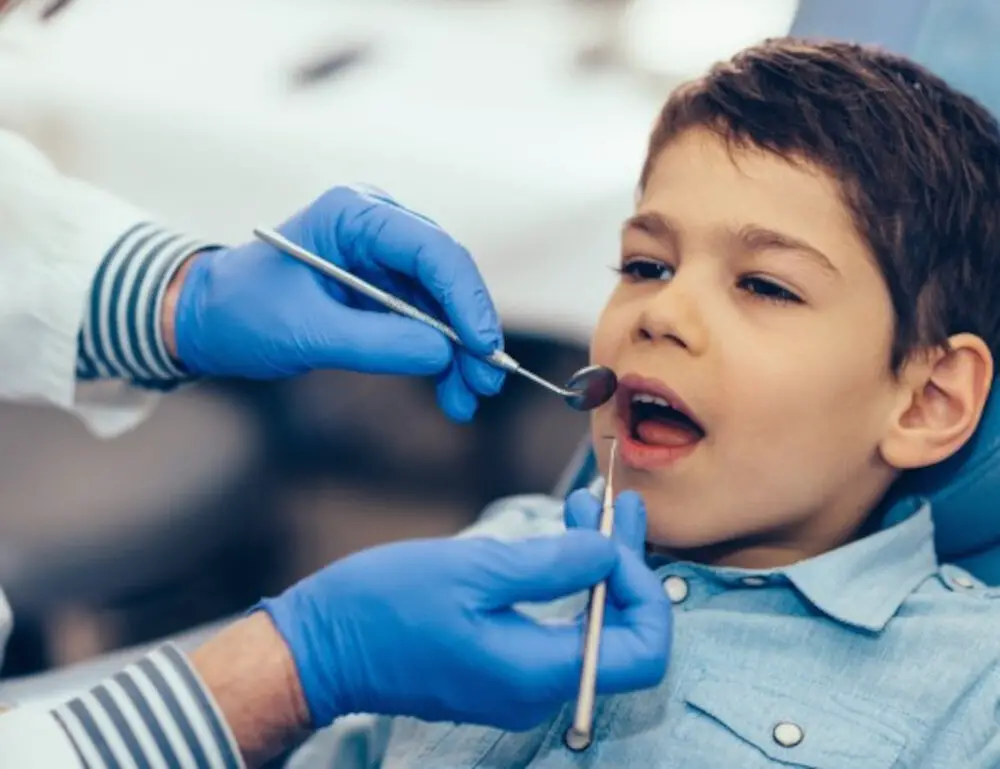
In conclusion, brushing after wisdom teeth removal is an essential part of maintaining oral hygiene, but it is crucial to know when it is safe to do so. It is recommended to wait for at least 24 hours after the surgery to brush your teeth and use a soft-bristled brush to avoid irritating the surgical site. It is also vital to be gentle while brushing and avoid applying excessive pressure. Patients should follow their dentist’s advice and maintain good oral hygiene practices to promote healing and prevent any complications. With proper care, patients can ensure a speedy recovery and maintain a healthy smile for years to come.






